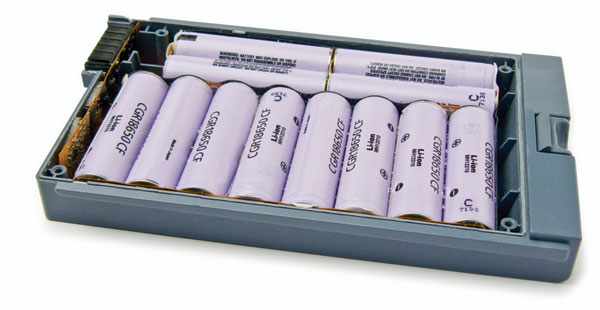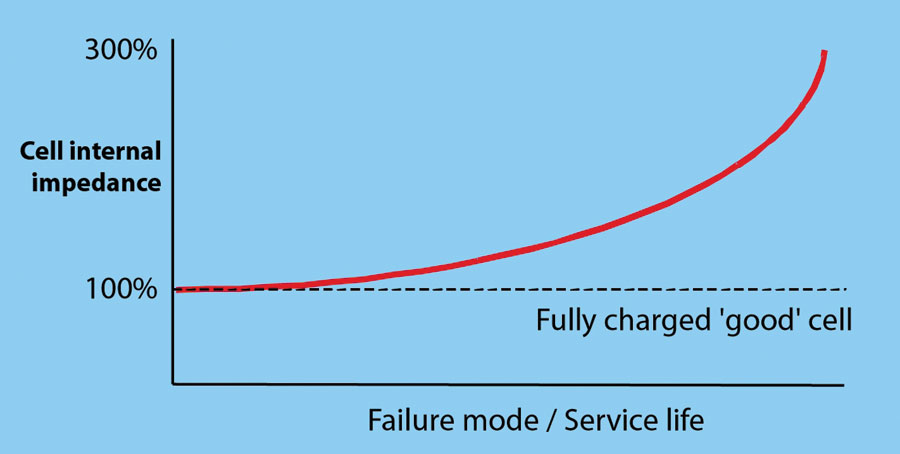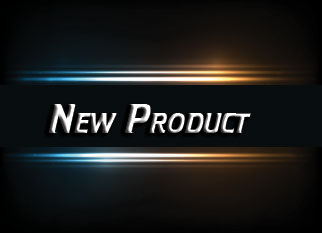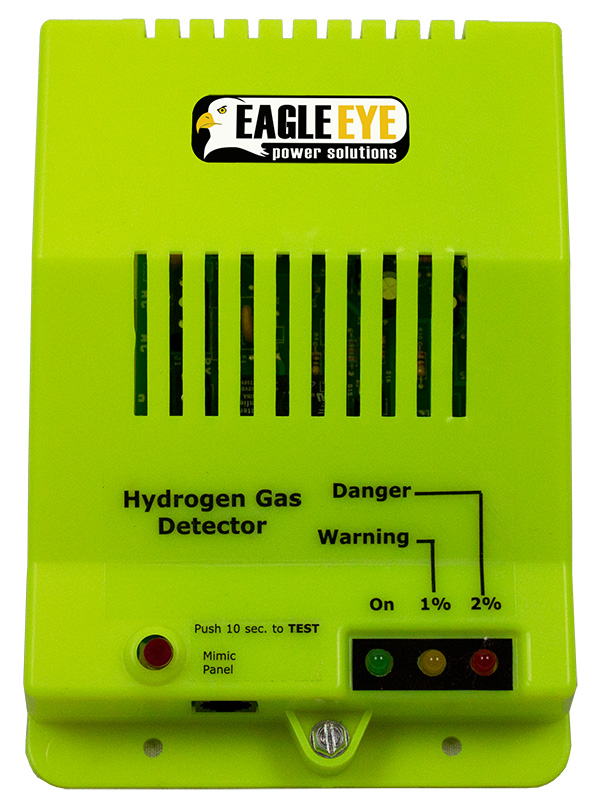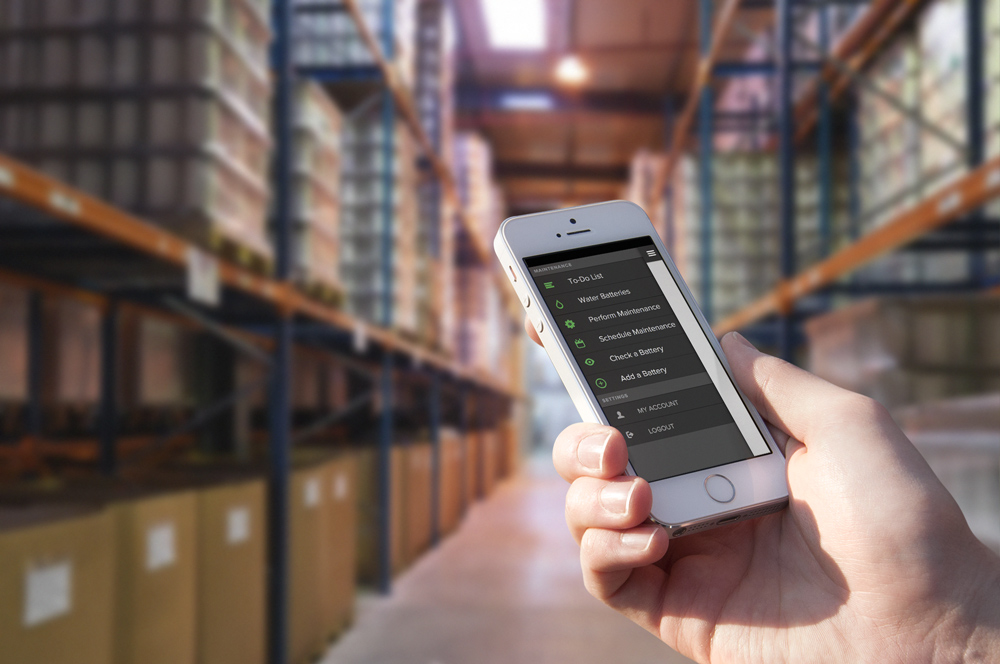Marko Dimitrijevic, Applications Engineer, International Components Corp.
Lithium-ion (Li-Ion) batteries have increasingly become the enabler of modern portable technology products ranging from laptop computers, communications handsets and medical equipment. Contemporary Li-Ion cells offer energy densities that are significantly higher than legacy battery chemistries such as nickel cadmium (NiCd), nickel metal hydride (NiMh) and lead acid (LA). Read more about Safety and Protection for Advanced Lithium Batteries …





